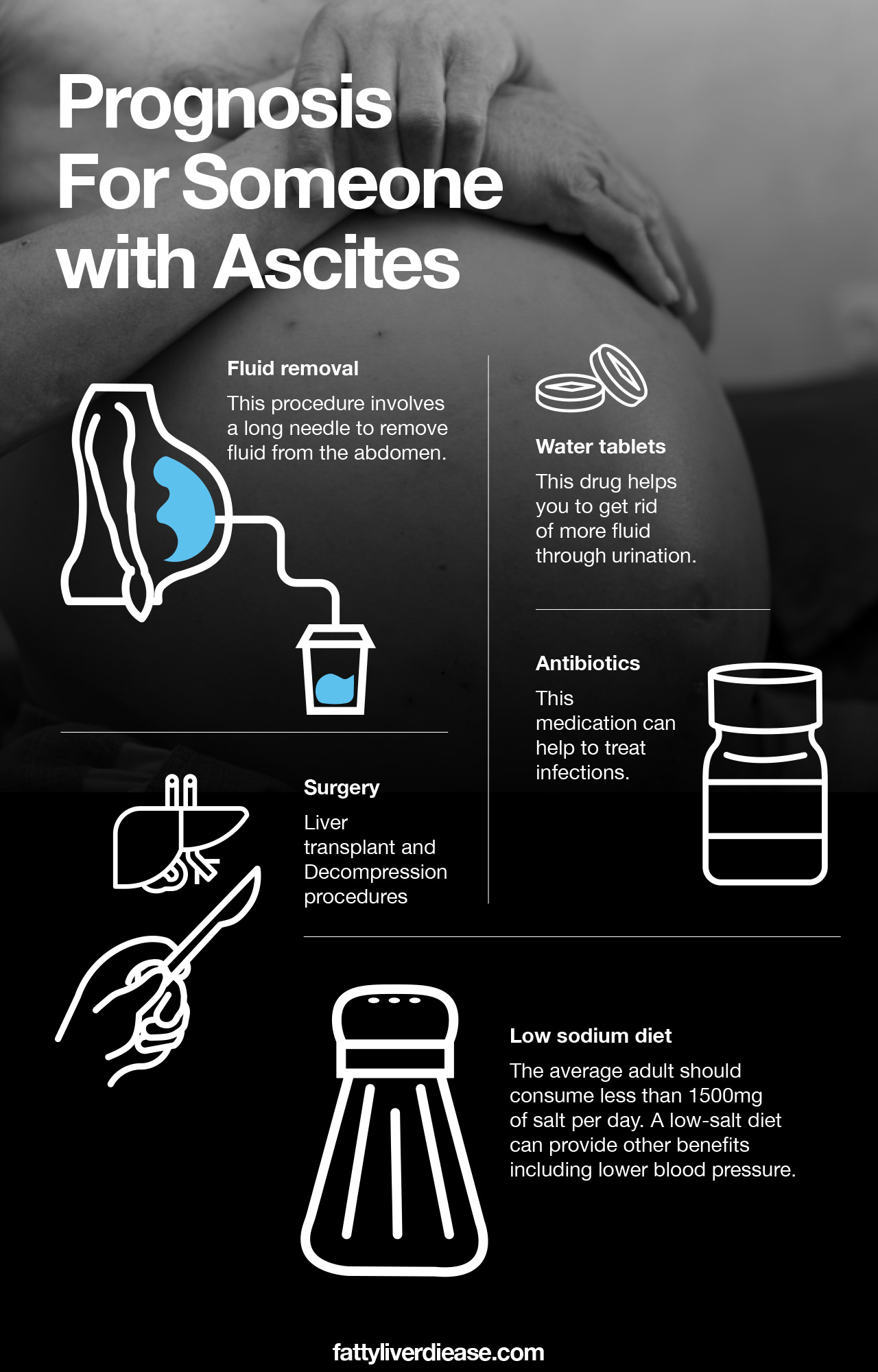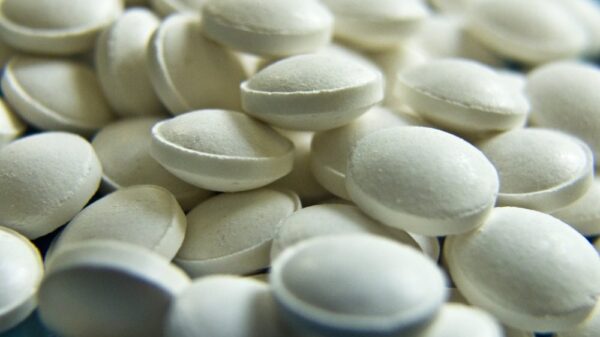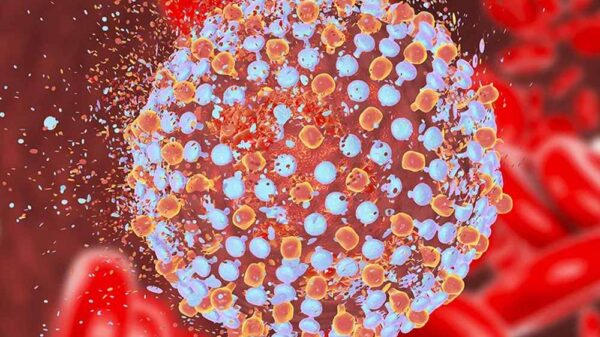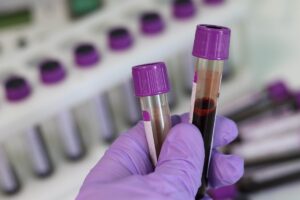Do you think you might have ascites? It is a health condition that involves fluid buildup in the abdomen. It’s linked to various diseases like liver disease. Doctors test people for ascites through different methods, like fluid samples and imaging tests. It can help doctors to determine whether or not you have ascites. This can be a serious condition when it’s connected to diseases like cirrhosis. People often linked ascites to “beer belly,” while it may or may not be linked to alcohol consumption. It’s certainly helpful to consider a low-fat diet and limited alcohol consumption to help prevent an ascites prognosis.
If you get an ascites diagnosis, you should limit sodium and alcohol consumption to help control the condition’s symptoms. This doesn’t always mean you have to ditch them cold turkey. However, consider that alcoholic drinks and table salt are greatly linked to liver function. Consume a small number of such substances to help minimize ascites symptoms and help prevent it from becoming more serious.
What Exactly Is Ascites?
People often joke about people having a so-called “beer belly.” However, this health condition can be a serious one. It’s critical to find out whether or not you have “ascites.” This is a fluid buildup in the stomach that causes it to swell up and stick out.
Ascites symptoms usually include various kinds of symptoms including:
| Bloated stomach | Indigestion |
| Shortness of breath | Fever |
| Heartburn | Loss of appetite |
| Fast weight gain | Stomach ache |
| Hernia | Nausea |
| Vomiting | Edema |
This is a long list of various symptoms. If you experience multiple ones, you should contact your doctor. This condition can be a sign of certain health conditions, including liver failure and especially liver cirrhosis.
There are various causes of ascites, but it always occurs due to pressure buildup in the liver’s veins, which causes the liver to malfunction. In many cases, these issues result from different conditions, including kidney/heart failure, liver cirrhosis, infection, or cancer.
This pressure stops blood flow from getting to the liver. As time passes, this affects the kidneys’ ability to remove extra salt from the human body. The result is fluid builds up.
Ascites diagnosis starts with a physical exam. Your doctor will typically ask you about various symptoms you’re experiencing. He/She might order various tests, including ultrasound, blood work, and CT scan.
In the case, the doctor thinks you already have ascites he/she will then use a needle to collect fluid from the abdomen. TI’s then tested to figure out the condition’s cause. This will help to determine whether or not you’re experiencing ascites.
If you have the condition then you’ll likely be required to see a liver specialist. He/She might talk about getting a liver transplant. However, there are various treatments you might receive instead. They include ones that help to remove sodium/water from your body. There are other helpful treatments. They include prescription medicines and diet changes.
Top Steps after an Ascites Prognosis
1. Fluid removal
This procedure involves a long needle that can remove fluid from the abdomen. It can result in benefits like less pain. It can be one of the most effective treatments for ascites. It might be an issue if you’re not a fan of needles, so make sure to talk to your doctor about what to expect. The main takeaway is this treatment can be quite effective.
2. Water tablets
This drug helps you to get rid of more fluid through urination. You can find various options, including non-prescription and prescription medicines. Make sure to talk to your doctor about the options to make sure the medicines don’t “interact” with other supplements/medicines you’re taking.
3. Surgery
There are some common ones to know about. A liver transplant can involve a partial/whole healthy liver being transplanted in your body. This can be quite costly with a price tag up to half a million US dollars or more without insurance.
Another option is surgery that involves providing a different path for blood flow. This surgery is less complicated than a liver transplant yet is still major surgery. It helps to learn more about how it works and the possible complications you might expect.
4. Antibiotics
This medication can help to treat infections. The infections treated can sometimes return within one year. If that happens, then another antibiotic might be given to help prevent the infection from returning. This is certainly a goal you should have when treating ascites. As always check for any possible “interactions” with other medicines.
5. Low sodium diet
Reduce sodium intake. The average adult should consume less than 1500mg of salt per day. It’s even better if you’re consuming less after an ascites diagnosis. A low-salt diet can provide other benefits, including lower blood pressure.
Ascites Prognosis: Top Tips for Removing Body Fluids
- Drink more water. It’s a good idea to drink 2 or 3 liters per day. This can provide several health benefits. Water is the only all-natural zero-calorie food. Water can help to flush out different toxins from your body. Besides that, it can also help to rid your body of extra fluids.
- Get enough sleep. One of the main ones is it can allow your body to recover from the previous day. Make sure you’re getting 7 to 9 hours of sleep daily.
- Reduce coffee/alcohol. If you drink a lot of these substances, it can boost water retention. You can still enjoy a cup of coffee in the morning or a glass of wine at night. The key is to only drink a moderate amount. This can help to prevent various health conditions like fluid retention.
- Exercise regularly. This option is one of the top ones. It can help to clean your body of various toxins through bodily fluids. It’s important to do regular exercise, including weight-resistance and cardio exercises.
- Lower stress levels. This is another key way to get rid of various fluids. There are several options, including massage, bubble bath, yoga, and meditation. High-stress levels can cause various health issues. When you become stressed out, it causes the body to release more of a certain hormone. This causes your body to store fluids instead of getting rid of them.
- Remove salt intake. When you consume too much salt, it causes the body to store more fluids. One of the best options is to simply lower your daily salt intake. There are other options to swap in for salt including herbs/spices. It’s also a good idea to limit fast food and pre-packaged food since they often have loads of salt that could result in an ascites prognosis
























